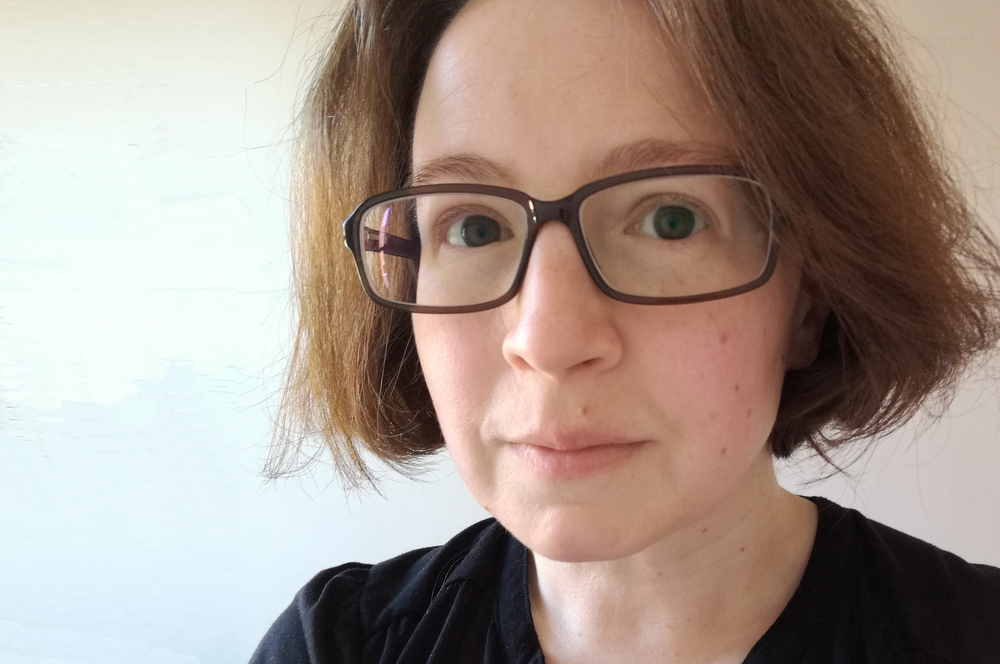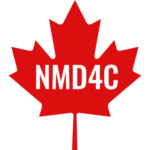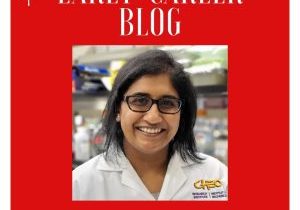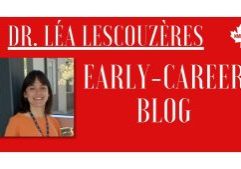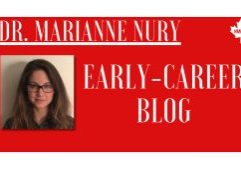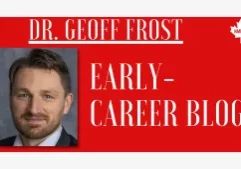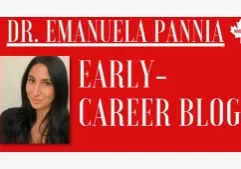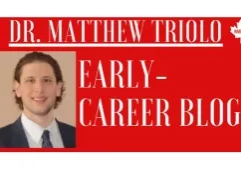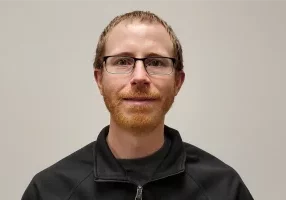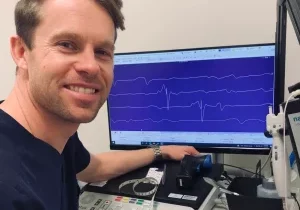Dr. Rachel Thompson’s Blog
About Dr. Thompson
Rachel completed her Master’s degree in chemistry at Oxford University and her PhD on data sharing and integration in rare inherited neuromuscular diseases at Newcastle University in the UK. She came to academic research through a career in scientific management and communications in which she was responsible for the coordination of European collaborative projects, in particular the RD-Connect data sharing and analysis platform and the TREAT-NMD neuromuscular network. After successfully defending her thesis in May 2019, Rachel joined the Lochmüller Lab in Ottawa as a postdoctoral fellow and continues to collaborate closely with colleagues in Europe and the USA. In April 2020 she was awarded a postdoctoral fellowship from the Canadian Institutes of Health Research. Her research interests lie in the use of data integration methods for genomics and precision medicine in neuromuscular diseases. While the diagnosis of inherited neuromuscular disorders has benefited dramatically from advances in next-generation sequencing technologies and their increased use in the standard clinical diagnostic pathway, around 50% of cases remain undiagnosed after initial analysis, meaning patients face a lengthy diagnostic odyssey and miss out on optimal care and access to therapies. Rachel’s research aims to show that by making better use of all the data that exists already and by linking different data types, especially detailed phenotypic information, time-to-diagnosis for disorders caused by known genes can be decreased and gene discovery for novel disorders accelerated. Applying similar techniques such as the FAIR principles to clinical data held in patient registries also makes it easier to gain insights into natural history and care practices across different countries and different diseases.
Dr. Thompson’s Blog
A non-traditional route to a research career
I came to the neuromuscular disease field completely by chance in 2007 after seeing an advertisement for a research support job in the TREAT-NMD network coordination centre in Newcastle. I studied chemistry as my first degree at Oxford University in the UK, and having worked in the translation industry in the Czech Republic for several years after finishing my MChem, on my return to the UK I was keen to find a job that had an international angle and a worthwhile goal. TREAT-NMD’s focus on international networking to improve research and care was therefore tremendously appealing. I continued with this international focus working under Hanns Lochmüller in Newcastle as we put together an ambitious bid for a pan-European rare disease data sharing and analysis infrastructure, RD-Connect, which was funded by the European Commission in 2012 with 12 million EUR. The project brought together a remarkable group of excellent scientists, clinicians and patient representatives who were deeply committed to developing mechanisms to allow data to be securely shared across national boundaries, and as the data and communications platform manager for the network, I found working with this group to be an incredibly rewarding experience. As I spent more time in research management, I also became fascinated with the research questions themselves: not only with the challenges of finding diagnoses and the promise of next-generation sequencing technologies, but also with the way data standardisation, interoperability and accessibility is crucial to allow insights to be gained in cases where there may only be a few patients with the condition worldwide. This motivated me to pursue a research career of my own, and I undertook a part-time PhD as a staff candidate while continuing to work on the project from the research management perspective – something that was only possible because the two aspects of the work so closely aligned!
After completing my PhD in 2019, I moved to the Children’s Hospital of Eastern Ontario to join Hanns Lochmüller’s new group in Ottawa as a postdoctoral fellow. Receiving a CIHR postdoctoral fellowship award in 2020 was a fantastic boost that gives me the opportunity to take my work forward with some independence while still being embedded in a world-class team whose work spans the entire translational research pathway, from basic science in animal and cell models to genomics and gene discovery to clinical trials testing cutting-edge new therapies in people with neuromuscular disease. Looking back on my work history, it does strike me how non-traditional my route to research was, and I have the superb support and mentorship I received from Hanns and the other PIs in RD-Connect to thank for that – for giving me the opportunity to pursue a PhD and write publications based on the exciting collaborative work we were doing. Despite the fact that collaboration benefits patients through quicker diagnosis, traditional academia and the “publish or perish” mindset means that many researchers are still a bit hesitant about data sharing and collaboration because of the fear that their discoveries will be scooped or they will lose out to the competition, but my personal experience has been precisely the opposite: I’ve had many more opportunities thanks to the international collaborations I’ve been involved in; I’ve made friends for life; and it’s been such a horizon-broadening experience that I couldn’t imagine doing research any other way.
